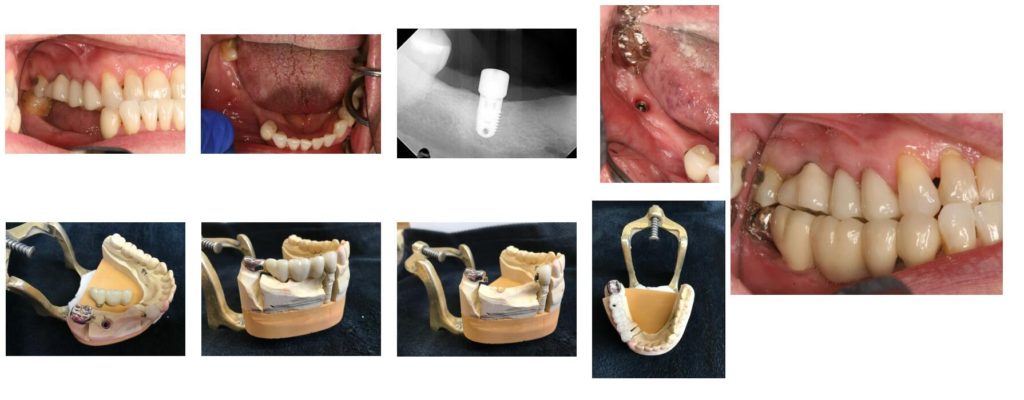
With their long lifespan, superior stability, and chewing strength that’s almost equal to that of real teeth, dental implants are considered the ideal tooth replacement option by dentists and patients around the world. But what you may not realize is that there are different types of dental implants, and the kind that your dentist in Kittanning will recommend largely depends on how many teeth you’ve lost. In this post, you can learn more about the three types of implants and discover which one could be right for you.
1. Single Implants
As the name implies, a single implant is used to replace one tooth. It’s considered to be an excellent alternative to traditional bridges, which usually require the dentist to remove enamel from your natural teeth; a single implant can simply be inserted into the jawbone while leaving the rest of your smile alone. Additionally, unlike a traditional bridge, the implant will replace the entire structure of the missing tooth – roots and all. You may also receive multiple single tooth implants if you have lost more than one tooth in different parts of the mouth; however, this might not be the most cost-effective option if all of the teeth lost were adjacent to each other.
2. Implant Bridge
An implant bridge is often employed when you’ve lost three or more teeth in a row. The bridge will be made of a pair of crowns that hold false teeth between them. Each crown will be anchored to a dental implant post, allowing the false teeth between them to fill in the remaining space. This is significantly cheaper than getting a dental implant to replace each tooth, and the bridge will remain securely in place at all times. Do note that since not all of the teeth are supported by implants, bone loss will likely occur in the area between the posts.
3. Implant Denture
When most or all of your teeth are missing, an implant denture may be the only viable option. You’ll be able to enjoy all of the benefits of traditional dentures, but thanks to the four to eight implant posts holding the restoration in place, you won’t have to worry about it slipping, sliding, or falling out. Sometimes implant dentures are designed to be removable, but most of the time they are permanently anchored in place.
Which of the above options sounds best suited for your unique situation? Your dentist can help you thoroughly consider your options and pick the best treatment option for giving you a stable, brilliant smile. Get in touch with your practice today to set up an implant consultation and have all of your questions answered.
About the Author
Dr. Ray Voller is extremely interested in restorative dentistry and full-mouth reconstruction, and he often conducts lectures on these topics for his fellow dental professionals as well as students. At his Kittanning practice, he is able to use single crowns, bridges, and dentures to restore implants and replace all of your missing teeth. To schedule an implant consultation, visit his website or call (724) 543-4948.
